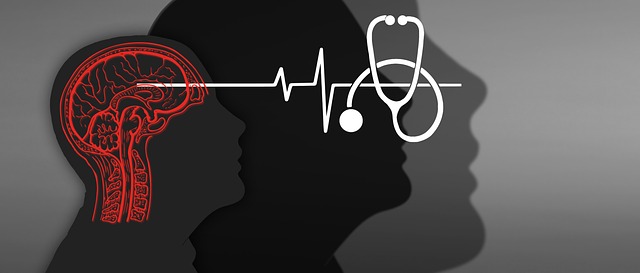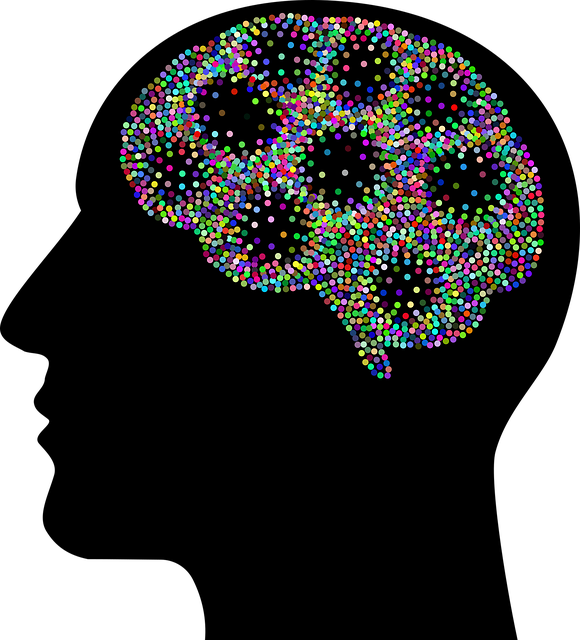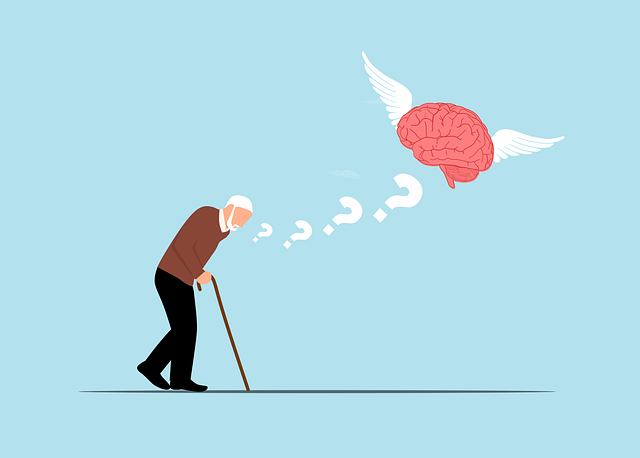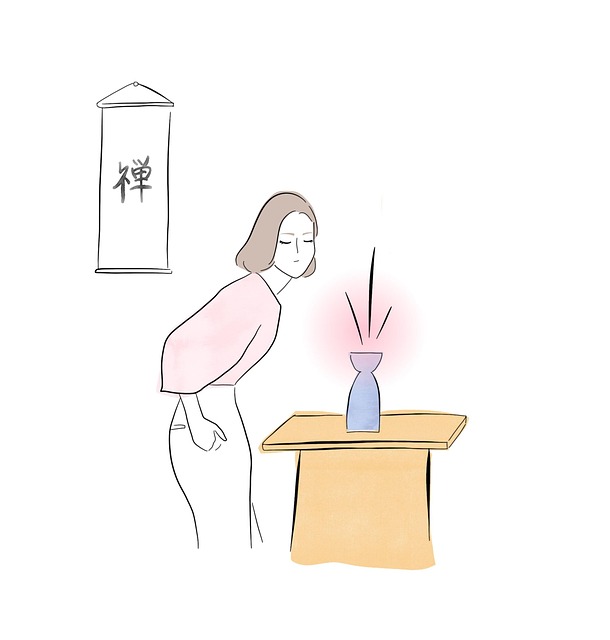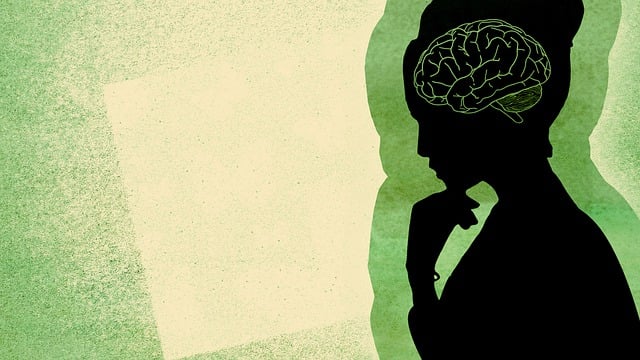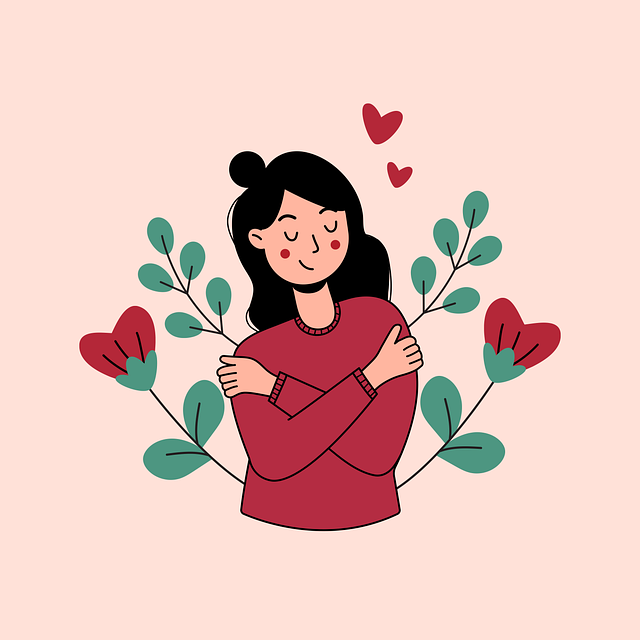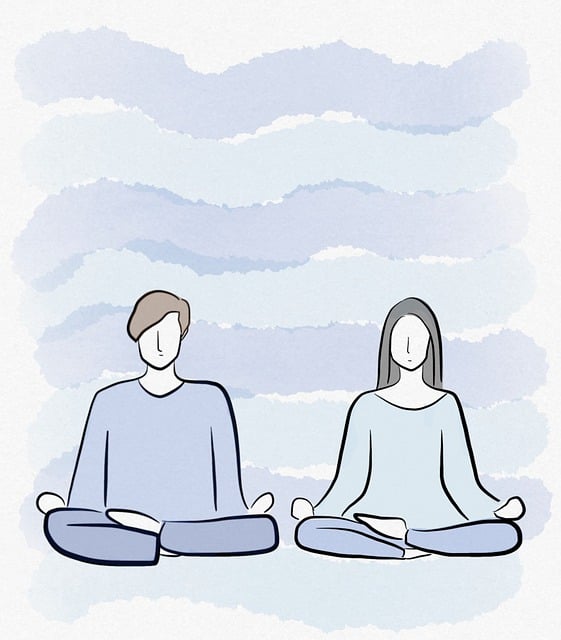Lone Tree Chronic Pain Therapy emphasizes culturally sensitive mental healthcare, recognizing that understanding diverse cultural contexts is key to treating patients effectively. The challenge lies in training healthcare professionals to adapt Western practices for non-Western clients, especially regarding chronic pain and mental health beliefs. To overcome this, the therapy center promotes active listening, multilingual resources, staff training on stigma reduction, and family engagement to bridge cultural gaps. This approach reduces stigma, encourages open dialogue, and delivers personalized care tailored to each patient's unique cultural identity.
In today’s diverse society, cultural sensitivity in mental healthcare is paramount. The practice of medicine must account for the unique cultural backgrounds and beliefs of patients, especially in chronic pain management like that offered at Lone Tree Chronic Pain Therapy. This article explores the importance of understanding cultural diversity in mental health, delves into challenges faced by practitioners, and provides strategies to foster culturally sensitive care, enhancing outcomes for all patients.
- Understanding Cultural Diversity in Mental Healthcare
- Challenges and Barriers to Culturally Sensitive Practice
- Strategies for Incorporating Cultural Sensitivity at Lone Tree Chronic Pain Therapy
Understanding Cultural Diversity in Mental Healthcare

In the realm of mental healthcare, recognizing and embracing cultural diversity is paramount. The concept extends beyond simply treating a range of symptoms; it involves understanding and respecting the unique cultural contexts in which individuals seek support for their mental well-being. This is especially relevant in areas like Lone Tree Chronic Pain Therapy, where practitioners encounter patients from diverse backgrounds with varying beliefs, values, and practices. For instance, self-awareness exercises might be more effective when tailored to incorporate cultural traditions that foster mindfulness, such as meditation practices valued in certain Eastern cultures.
Mental healthcare professionals play a crucial role in promoting cultural sensitivity by engaging in continuous learning about different communities’ mental health expressions and treatment preferences. This knowledge enables them to offer tailored support, bridging the gap between clinical practice and cultural understanding. Moreover, reducing the stigma associated with mental illness is facilitated through these efforts, encouraging open dialogue and fostering an inclusive environment that honors every patient’s cultural identity.
Challenges and Barriers to Culturally Sensitive Practice

In providing culturally sensitive mental healthcare, one of the primary challenges is the lack of diversity in healthcare professional training. Many traditional psychological practices are rooted in Western norms and values, potentially leading to missteps or misunderstandings when interacting with clients from different cultural backgrounds. This gap in understanding can hinder effective communication and treatment, especially for issues like chronic pain, which may be influenced by cultural beliefs around health and healing. For instance, a client participating in Lone Tree Chronic Pain Therapy might have unique perspectives on pain management that are shaped by their cultural traditions, requiring therapists to adapt their practices accordingly.
Another barrier is the sensitivity surrounding certain cultural topics, including mental health itself. In many communities, there exists a stigma around seeking therapy or discussing emotional well-being openly, which can deter individuals from accessing necessary care. This is particularly relevant in implementing community outreach programs aimed at promoting mental health awareness and stress management. Professionals must be adept at navigating these complexities while ensuring client confidentiality and fostering an environment of trust. Effective risk assessment for mental health professionals involves recognizing and overcoming these cultural barriers to deliver quality, culturally sensitive care.
Strategies for Incorporating Cultural Sensitivity at Lone Tree Chronic Pain Therapy

At Lone Tree Chronic Pain Therapy, incorporating cultural sensitivity is paramount to delivering effective and compassionate care. The first step involves actively listening to and understanding the patient’s cultural background, beliefs, and values. This includes asking open-ended questions about their experiences with healthcare in their native country, religious or spiritual practices that may influence their mental health, and any specific fears or concerns related to treatment. By fostering a non-judgmental environment, therapists create a safe space for patients to openly share their cultural perspectives.
Additionally, Lone Tree Chronic Pain Therapy employs strategies such as providing multilingual resources and training staff on mental illness stigma reduction efforts to address potential language barriers and cultural misconceptions. Encouraging patient families or caregivers to participate in therapy sessions can also help bridge cultural gaps. These initiatives not only enhance the therapeutic process but also contribute to depression prevention and burnout reduction among patients, ensuring that care is tailored to meet their unique cultural needs.
Cultural sensitivity is an essential aspect of providing effective mental healthcare, especially at institutions like Lone Tree Chronic Pain Therapy. By recognizing and understanding the diverse cultural backgrounds and beliefs of patients, healthcare professionals can overcome barriers and deliver personalized care. The strategies outlined in this article, such as training staff to be culturally competent, promoting inclusive language, and adapting therapeutic approaches, can create a more welcoming environment for all clients. Embracing cultural sensitivity not only enhances patient outcomes but also fosters trust and improves relationships within the community served by Lone Tree Chronic Pain Therapy.
